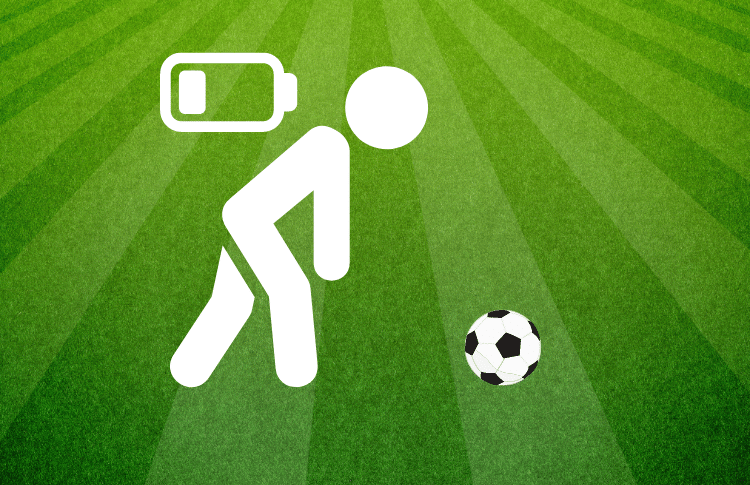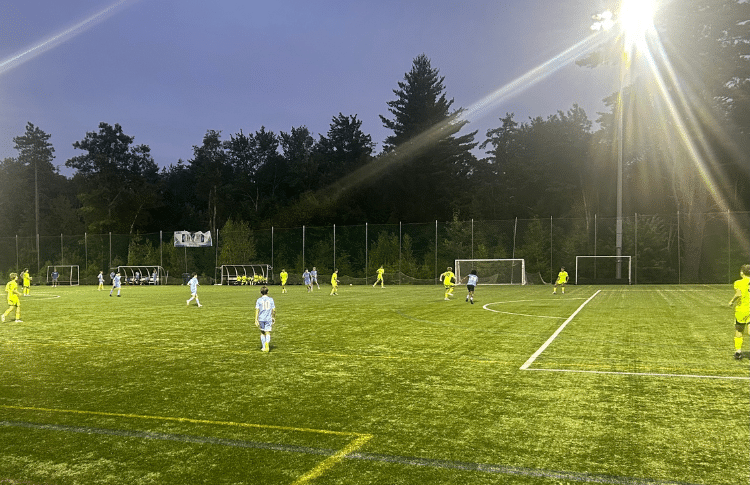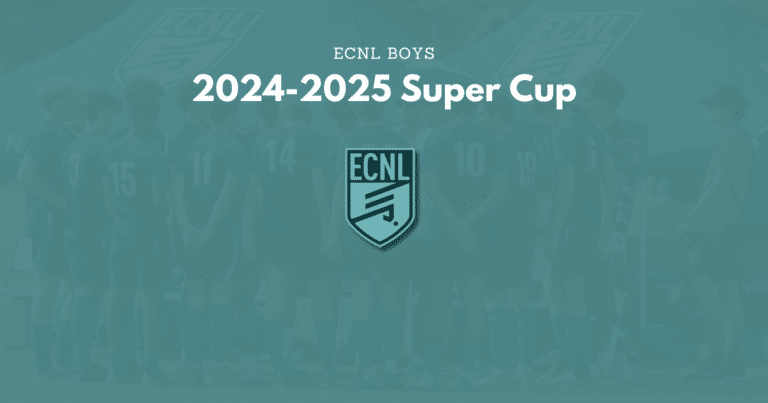Soccer Coaches Will Always Have Their Favorite Players

In any sport, coaches will play favorites. Fortunately and unfortunately, it’s a natural part of the game.
It can be great when the coach loves your style of play. She or he may reward you with a lot of playing time.
On the flip side, it can be discouraging if your coach doesn’t like something about you. It could be your style, attitude, work ethic, or something else. Your minutes may fluctuate but you find yourself on the bench most of the game.
If you are part of the latter group, this article is for you.
Understanding Coach-Player Dynamics
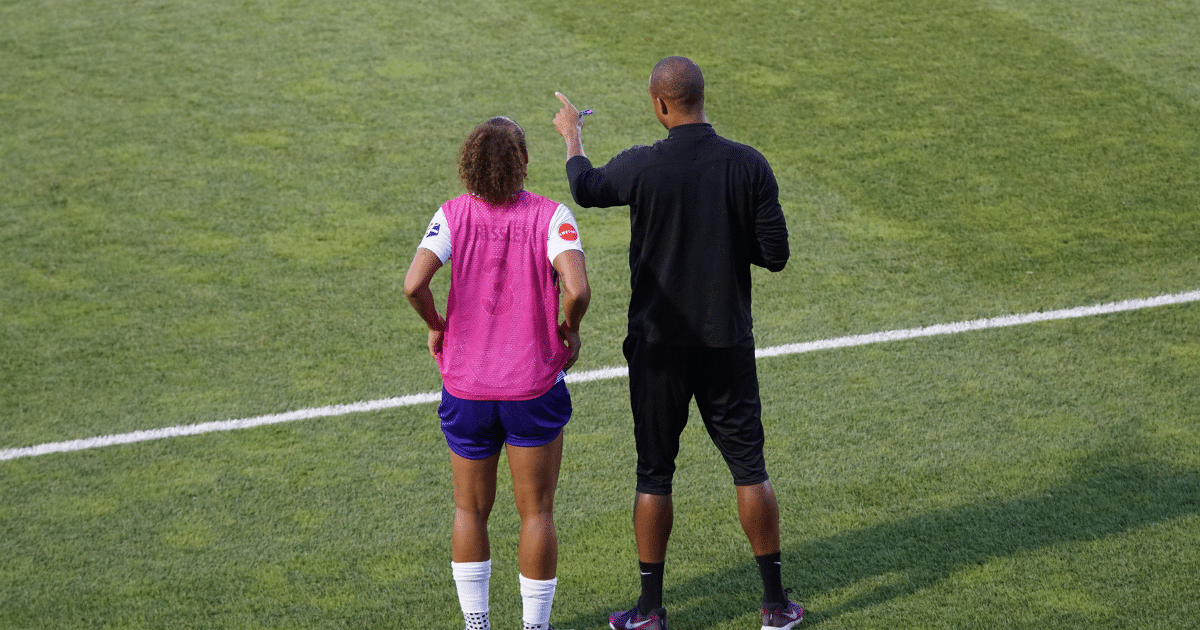
Coaches will always gravitate toward a certain type of player. Just like you gravitate toward a certain type of person. You call them your bestie or bff!
Here are some factors that can influence favoritism…
What Factors Influence Favoritism in Soccer?
- Skill level: Coaches may naturally gravitate towards players who have a higher skill level. Coaches feel like they bring more to the team.
- Attitude: Players who have a positive attitude and are coachable are more likely to be favored by coaches.
- Work ethic: Coaches appreciate players who work hard and are dedicated to improving their skills.
- Low risk players: Some coaches prefer players that don’t make many mistakes. Of course, some of these players also don’t make a lot of things happen on the field.
- Personal relationships: Coaches may have personal relationships with certain players, such as family members or friends, that can influence their favoritism.
- Personal quirks: Some coaches may show favoritism toward a certain type of player based on their own personality.
The opposite is true for a lot of these factors as well. For example, a coach may prefer someone who isn’t as skilled as other kids on the team. They may see them as a work in progress so they give them more attention.
How Does Favoritism Impact Team Morale?
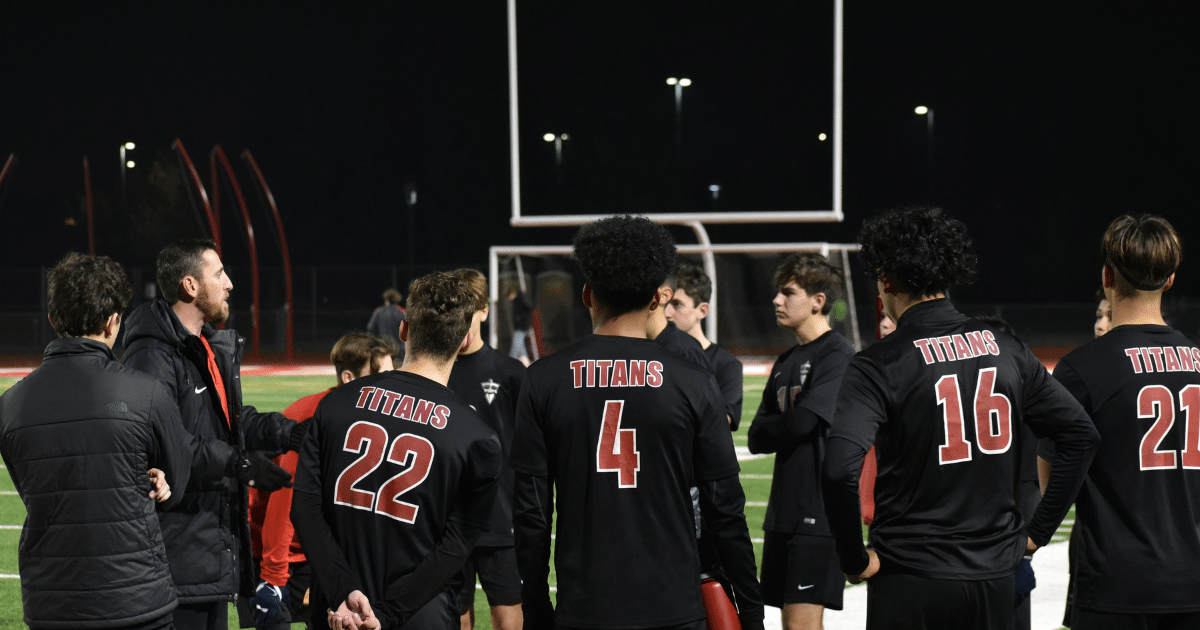
Favoritism can negatively impact team morale and can create a toxic environment.
Players who feel like they are not liked by the coach may become demotivated and disengaged. This can lead to bad attitudes and terrible team chemistry.
Coaches can provide a positive environment by:
- Providing (unbiased) equal opportunities: Coaches should provide every player with equal opportunities. Every player should have the same chance to earn their playing time.
- Communicating openly: Coaches should communicate openly with their players and be transparent about their decision-making process.
- Focusing on team goals: Coaches should focus on team goals rather than individual achievements. Encourage players to work together towards a common goal.
What Should I Do If the Coach Doesn’t Like Me?
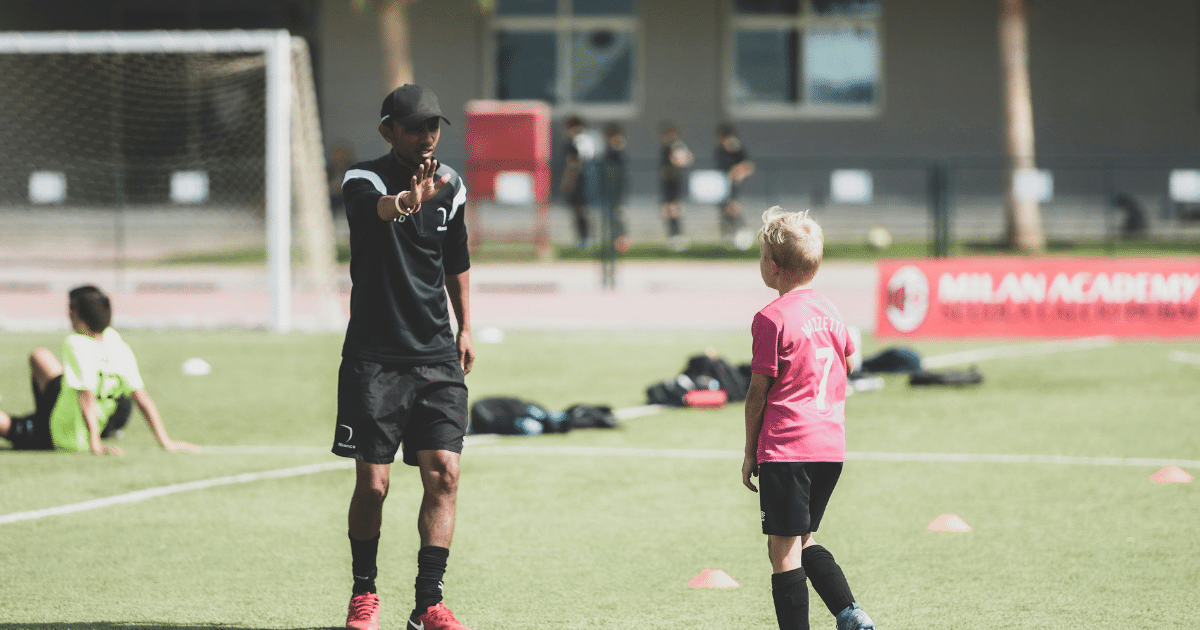
It can suck to feel like your coach doesn’t like you or doesn’t give you the same opportunities as other players.
It’s important to remember that coaches are human and have their own preferences. It’s not a reflection on you.
Here are some tips on what you can do if you feel like your coach is leaving you in the dark:
1. Focus on YOU and Improving Your Skills
One of the best ways to impress your coach is to focus on you (and not the coach).
You can only control what you can control. Work on improving your skills. Work on developing a stronger mindset. Work on enjoying life on and off the field.
By committing to improving your life, you become a better person and player. This can indirectly show your coach that you are dedicated.
2. Be a Better Team Player
Coaches typically prefer team players.
This means being supportive of your teammates, working hard during practice, and being willing to play any position that is needed.
By showing that you are a team player, you may be able to earn more playing time and the respect of your coach.
3. Work Up the Courage to Talk to Your Coach
If you feel like your coach doesn’t like you, it may be helpful to talk to them about it.
Be respectful and ask for feedback on what you can do to improve.
Your coach may have a different perspective that you haven’t considered.
By having an open dialogue, you may be able to improve your relationship with your coach. A simple convo can positively influence your season!
4. Try to Stay Positive
Sometimes it can be easier said than done. I get it. But, it’s important to stay positive, even if you feel you are the odd man or woman out.
Remember that soccer is a team sport and that every player is important.
Focus on being the best player you can be and supporting your teammates. By staying positive, you may be able to turn the situation around and earn the respect of your coach.

Written By: SoccerNovo
SoccerNovo is an independent youth soccer media brand built to help parents, players, and coaches better understand the game and the pathways available in U.S. soccer. Our mission is to make youth soccer simpler, clearer, and more accessible for everyone involved in it.
Let’s connect


